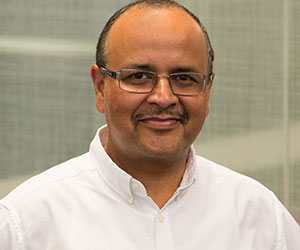
Australian scientists researching emerging mosquito-borne diseases, drug resistant tuberculosis and childhood type 1 diabetes are among the latest recipients of 2018–19 Australia–India Early- and Mid-Career Researcher (EMCR) Fellowships announced today by the Australian Academy of Science.
The EMCR Fellowships are part of the Australia–India Strategic Research Fund (AISRF), a platform for bilateral science collaboration jointly managed and funded by the governments of Australia and India.
Under the program, Australian researchers are awarded up to A$40,500 to travel to India and work with leading researchers at major Indian science and technology organisations for between three to nine months. The total amount awarded for the 14 recipients awarded Fellowships in this latest round is $282,908.
Assistant Minister for Industry, Innovation and Science, Craig Laundy, welcomed the Fellowships.
“They give high-performing Australian researchers exciting opportunities to work with fellow scientists at leading Indian research institutions and to engage with a rising science superpower early in their careers,” Assistant Minister Laundy said.
“The Australian Government has committed more than $80 million to the AISRF since 2006 in recognition of India’s increasing prominence in the global research effort.”
President of the Academy of Science, Professor Andrew Holmes, said the Fellowships are designed to facilitate long-term science, technology and innovation collaboration between the two countries.
“Among this year’s recipients is Deakin University’s Dr Rangam Rajkhowa who is returning to India in 2018 after receiving his first Australia–India Early Career Fellowship in 2012,” Professor Holmes said.
Dr Rajkhowa is researching 3D printed functional composites, made from protein fibre particles, for biomedical applications. He will be collaborating with scientists at the Indian Institutes of Technology in Guwahati and Delhi.
See the list of successful recipients and more information about the awards.
© 2025 Australian Academy of Science